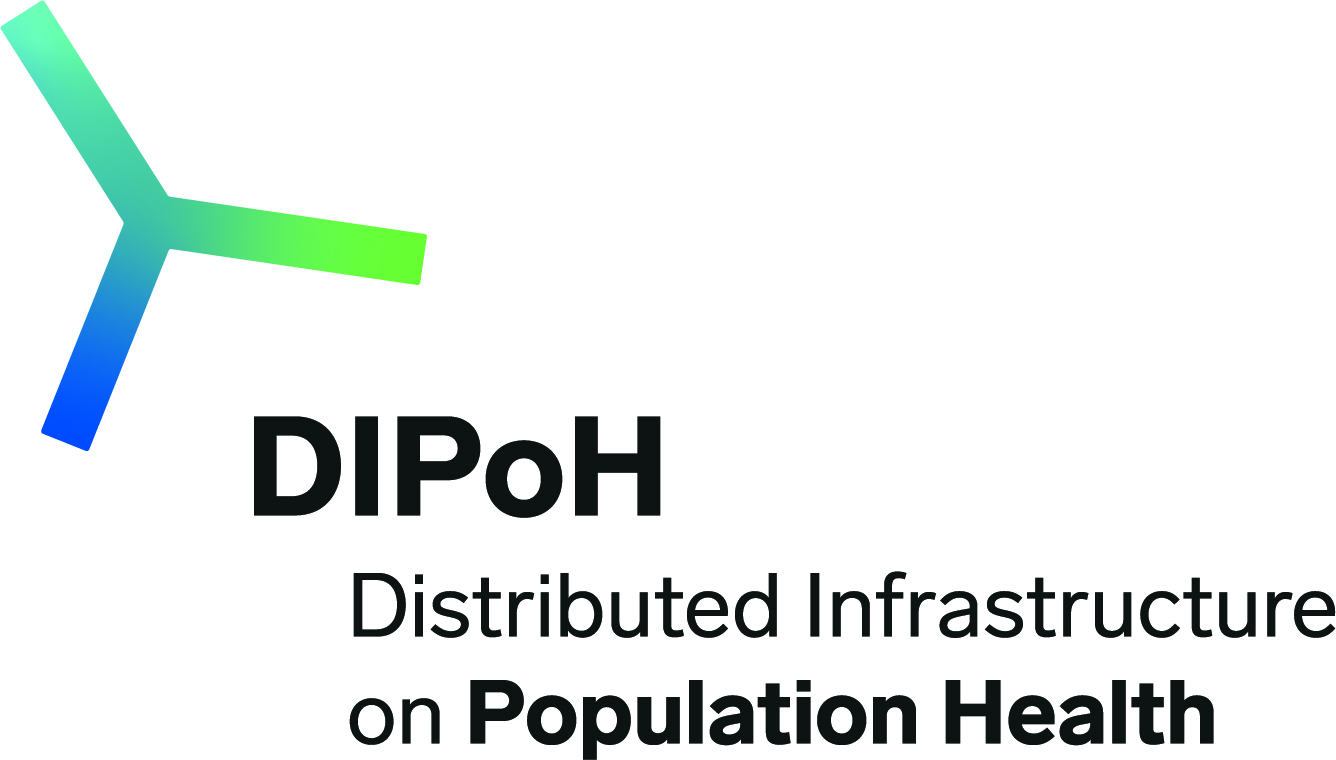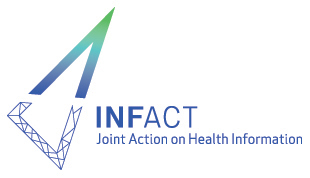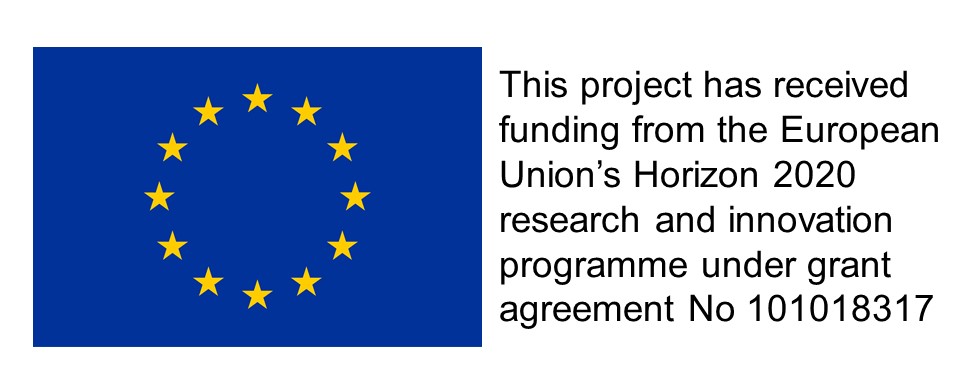Legal framework and institutional responsibilities
The Portuguese healthcare system is characterized by three coexisting, overlapping systems: the NHS; special public and private insurance schemes for certain professions (health subsystems); and private voluntary health insurance (VHI). Most of the population is entitled to choose among (or can use both) two health care insurers: NHS and VHI.
The Ministry of Health (MoH) is responsible for developing health policy, overseeing, evaluating its implementation, coordinating all health care provision and the financing of public health care delivery. It is also responsible for the regulation, auditing and inspection of private health services providers, whether they are integrated into the NHS or not (more complete and updated information in here)
The structure of the MoH is made up of several institutions: some of them under direct government (Estado) administration; some integrated under indirect government administration; some having public enterprise status; an HRA and a consultative body. The HRA is formally independent in its actions and decisions, though its budget comes mostly from the Ministry of Health.
The following central services are under the State’s direct administration:
- High Commissariat for Health - provide technical support on policy development and strategic planning in the health sector; to guarantee the development of vertically integrated health programmes; to assure international relations coordination; to assess policy execution, planning instruments and results; and to elaborate, coordinate and evaluate the National Health Plan.
- General Inspectorate of Health-related Activities - performs the disciplinary and audit function for the NHS and audits NHS institutions and services.
- General Secretariat of Health - provides technical and administrative support to the other sections of the Ministry, coordinates their work and provides assistance to staff within various government offices. The SG gives support to other institutions, services and bodies not integrated within the NHS, concerning internal resources, legal advice, information and public relations.
- General Directorate of Health - plans, regulates, directs, coordinates and supervises all health promotion, disease prevention and health care activities, institutions and services, whether or not they are integrated into the NHS.
- Authority for Blood and Transplantation Services - guarantees quality and safety regarding donation, analysis, processing, storing and distribution of human blood and blood components, as well as human organs, tissues and cells.
The following central services are under the State’s indirect administration (performed by public institutes or state-owned companies):
- Central Administration of the Health System - is in charge of the management of financial and human resources, facilities and equipment, systems and information technology (IT) of the NHS. It is also responsible for the definition of policy, regulation and planning of health, along with the RHAs, namely in the area of health service contracting.
- National Authority on Drugs and Health Products - regulates and supervises the pharmaceuticals and health products sector, following the highest standards of public health protection
- National Institute for Medical Emergencies - delineates, participates in and assesses the activities and performance of the Integrated System of Medical Emergency, guaranteeing immediate assistance to injured or severely ill patients
- Portuguese Blood Institute - regulates, at a national level, the pharmaceuticals related to transfusions and guarantees there is a stock of secure blood and blood components available when needed.
- National Institute of Drug Addiction - promotes the reduction of both legal and illegal drugs consumption, as well as the decrease in drug addictions.
- National Institute of Health, Dr Ricardo Jorge - is a state laboratory, the aim of which is to increase gains in the public health sector, along with health monitoring and epidemiological surveillance, either in the field of laboratorial or genetic medicine. It is responsible for conducting, coordinating and promoting health research at the Ministry of Health. It should also produce evidence for policy and action in public health.
- Regional health administrations - are responsible for the regional implementation of national health policy objectives and coordinating all levels of health care. They work in accordance with principles and directives issued in regional plans and by the Ministry of Health. Their main responsibilities are the development of strategic guidelines; coordination of all aspects of health care provision; supervision of management of hospitals and primary health care; establishment of agreements and protocols with private bodies; and liaison with government bodies, Misericórdias, other private non-profit-making bodies, and municipal councils. They are also in charge of the development of a long-term care network.
- National Health Council - is the consultative body for the Ministry of Health. It is responsible for issuing recommendations and advice on measures to enforce the implementation of health policy objectives
The responsibility for planning and resource allocation in the Portuguese health care system has remained highly centralized even after the current five RHAs were established. The RHA autonomy over budget setting and spending has been limited to primary care, since hospital budgets continued to be defined and allocated by the central authority. It is also the case that the Minister of Health appoints hospital administration boards. The RHAs’ and other ministry authorities’ role is more to supervise policy implementation and assess results.
Health information strategy
The National Strategy for the Health Information Ecosystem 2020 (ENESIS 2020) is a common vision for the area of Health Information Systems and Technology that allows guiding the strategies and initiatives of the various actors of the Health Information Ecosystem, and progressing as a reference of good practices, promoting the delivery of benefits and the optimization of risks. It aims to improve access to and sharing of information, simplifying and dematerialising processes and documents, such as the electronic prescription and dispensation of medicines, processes associated with death certificates and medical leaves, making data and services available through the Health Data Platform and related portals, and also providing public access to open data on the SNS Portal and the dados.gov.pt portal.




